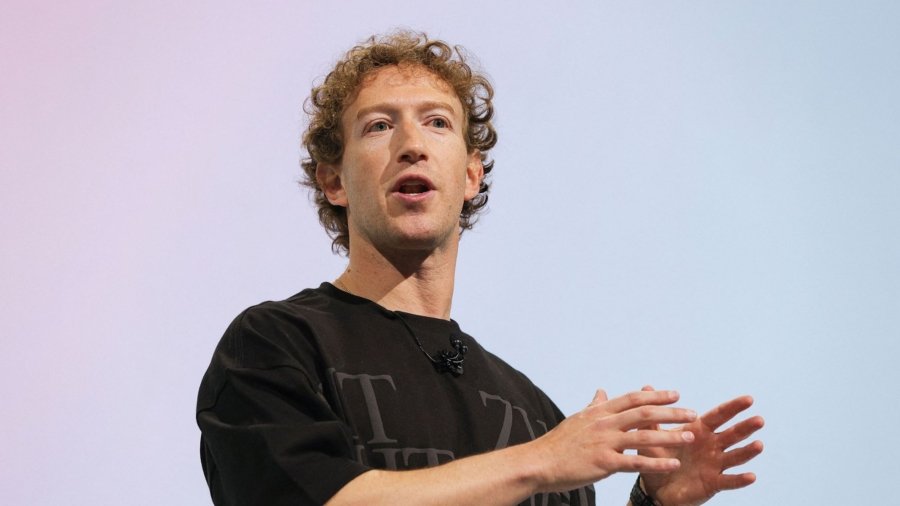In a groundbreaking announcement, Meta, the parent company of Facebook and Instagram, revealed sweeping changes to its content moderation policies. CEO Mark Zuckerberg declared the company’s decision to eliminate third-party fact-checkers and replace them with a user-driven system called Community Notes, a model similar to one implemented by Elon Musk on X (formerly Twitter). This move signals a significant shift in Meta’s approach to content moderation, with implications for free speech, misinformation, and political discourse.
During the announcement, Zuckerberg emphasized Meta’s commitment to “restoring free expression” on its platforms. “We’re going to get back to our roots and focus on reducing mistakes, simplifying our policies, and restoring free expression,” he said. The decision to replace fact-checkers follows criticisms of alleged political bias within the existing system, which Zuckerberg admitted eroded user trust.
How Community Notes Will Work
Under the new system, users can contribute notes or contextual information to posts. These notes will be moderated through a voting mechanism. If users with differing viewpoints agree on the note’s accuracy, it will be displayed alongside the content. Joel Kaplan, Meta’s top Republican policy executive, described the model as a way to democratize fact-checking and reduce corporate intervention in determining the truth.
Kaplan said, “If you get people who usually disagree to say, ‘Yeah, that sounds right,’ then that note gets posted, and people see it.” Meta will begin rolling out this system in the United States.
Scaling Back Automated Filters
Meta is also dialing back the use of automated filters for lower-severity violations, relying more on user reporting for content review. However, protections against extreme content like terrorism and child sexual exploitation will remain in place. This adjustment aligns with Meta’s broader push to prioritize free speech over aggressive moderation, despite concerns about potential increases in harmful content.
Strategic Political Implications
The policy changes come amid speculation about Meta’s alignment with conservative political figures. Reports suggest the Trump administration was informed of these shifts ahead of their announcement. Additionally, Meta recently appointed UFC CEO Dana White, a vocal Trump supporter, to its board. Critics argue these moves reflect Meta’s strategy to curry favor with the current political climate in Washington.
Claire Duffy, a media analyst, noted, “This is a major reversal for Meta, considering their fact-checking program was initially introduced to combat foreign interference and misinformation during the 2016 election.”
Meta’s decision has drawn mixed reactions. Proponents argue that the move will foster open dialogue and reduce accusations of bias in content moderation. Critics, however, warn that eliminating fact-checkers could exacerbate the spread of misinformation and harm democratic processes.
Congressman Mike Quigley expressed concern, referencing past incidents of misinformation campaigns on social media platforms: “Social media is an extraordinary weapon against our democracy. When you take away the guardrails, it’s a great concern.”
What’s Next for Meta?
By shifting moderation responsibilities to users, Meta is betting on the collective wisdom of its audience to navigate truth and misinformation. However, the success of Community Notes will depend on user participation, transparency, and the system’s ability to balance differing viewpoints without amplifying falsehoods.
As Meta implements these changes, the broader debate about the role of social media platforms in shaping public discourse remains unresolved. Whether this move strengthens or weakens trust in Meta’s platforms will be closely watched in the months ahead.
